If you're like most families, you may worry about the growing cost of healthcare. The average family spends a whopping $8,200 or 11% of their income on healthcare every year—not including employer contributions—according to a 2019 report from the Kaiser Family Foundation. Of course, this number may vary by income, insurance plan, and health status. Regardless of your situation, paying for your family's healthcare may be expensive, particularly with a high-deductible health plan (HDHP). There may be one silver lining of your HDHP, though: you may qualify for a health savings account (HSA). This account could help reduce your out-of-pocket costs through tax savings. Here are some HSA dependent coverage tips every family should know.
The benefits of an HSA
Whether you're paying for your own healthcare expenses, your spouse's, or a dependent, you may qualify for some unique tax benefits. These benefits may save your family money on out-of-pocket costs — which could free up cash for your other financial priorities.
Tax deduction for HSA contributions
You may take a tax deduction for contributions you or someone other than your employer makes to your HSA — and you may benefit from that tax break even if you don't itemize deductions on your tax return. When your employer makes a contribution, you won't qualify for a deduction, but the money won't count as taxable income.
Tax-free HSA growth
Another perk of your HSA is there is no deadline to use the money. You may take it with you when you change jobs or leave the workforce. If you can afford to pay for some expenses out-of-pocket with your HSA now, you could have more money available for healthcare expenses in retirement. Some HSAs allow you to invest the money — and your growth is tax-free, like a Roth IRA.
Tax-free HSA withdrawals
You may withdraw the money anytime—tax-free and penalty-free—for qualified medical expenses. You may swipe your HSA card, submit your receipts for reimbursement, or even reimburse yourself in the future. (There is no deadline for HSA reimbursements, either, as long as you keep immaculate records and save your receipts.)
How much can I contribute to my HSA?
If you have an HSA eligible high deductible health plan and you're under 55, you may contribute the following amounts to your HSA for 2022. You have until the tax return deadline (including extensions) to make contributions every year — and you may deduct your full contribution:
2024: $4,150 (Individual), $8,300 (Family)
Once you reach age 55, you may also be eligible for an HSA catch-up contribution, which allows you to add an extra $1,000 per year. This could be handy as you get older and the cost of healthcare becomes more costly. It may also allow you to save and invest money into your HSA to pay for healthcare expenses, like long-term care, in retirement.
Excluded from promotions
Who is eligible for an HSA reimbursement?
Before swiping your HSA card, you should always double-check that you're paying for qualified medical expenses. (We have a search tool and list of HSA-eligible products here.)
If you're paying for one of your family members, you should also make sure they qualify for HSA coverage. You can use your HSA to pay for expenses for the following family members:
- You and your spouse
- All dependents from your tax return (more below)
- Anyone you could have claimed as a dependent but didn't because:
- They filed a joint tax return with their spouse
- They earned $4,700 or more this year
- You and your spouse (filing jointly) could be dependents on someone else's tax return
Who qualifies as an HSA dependent?
An HSA dependent is someone you claim as a dependent on your tax return. According to the IRS, a dependent may either be a qualifying child or a qualifying relative. Here are the key guidelines to know for each one.
Qualifying child
- Relationship test — your daughter, son, stepchild, foster child, brother, sister, half brother or sister, stepbrother, or stepsister (or a child of any of these people)
- Age test — your child must be under 19 or under 24 if a student by the end of the year; your child must be younger than you if you file jointly with your spouse; your child may qualify at any age if totally disabled
- Residency test — your child must live with you for more than half of the year; temporary absences may include illness, education, business, vacation, military service, or detention in a juvenile facility
- Support test — you must provide at least half of your child's support throughout the year
- Joint return test — your child can't be married and filing a joint return with someone else
Qualifying relative
- Not a qualifying child - Your relative can't be your qualifying child or someone else's qualifying child.
- Member of household or relationship test - Your relative must live with you all year or be related to you in one of the ways on this list.
- Income test - Your relative must earn less than $4,700 per year.
- Support test - You must provide more than half of your relative's total support for the year.
Can I use my HSA to pay for dependent care?
The cost of dependent care has become unaffordable for many families. To ease the burden, the government allows employers to offer flexible spending arrangements — a.k.a. flexible spending accounts (FSA) — to set aside pre-tax money.
You may contribute money from your paycheck or your employer may contribute money for you. You receive a tax deduction for your contributions — and your employer's contributions aren't part of your taxable income. By using pre-tax money to pay for dependent care expenses, it's like you're getting a discount on those costs.
Depending on your employee benefits, you may have access to either an FSA for healthcare expenses (medical FSA) or dependent expenses (dependent care FSA). You may use a dependent care FSA to pay for daycare for children under 13 or adult day facilities.
Although there are some similarities between FSAs and HSAs—like the ability to save pre-tax money and take a tax deduction—there is no dependent care HSA. Unfortunately, this means you can't use your HSA for any type of dependent care expenses—and there is no HSA for daycare. However,
having a dependent care FSA does not impact HSA eligibility (but always check with your plan administrator).
Be proactive with your HSA
It's tough to balance the family budget, especially when it comes to paying for dependent care. Although you can't use your HSA to pay for dependent care like child or adult daycare—you may still cover healthcare for HSA dependents—which is no small chunk of change.
Before you start swiping your HSA card, though, you should always make sure your HSA spending is for qualified medical expenses. If you make a non-qualified withdrawal from your HSA, that withdrawal becomes part of your taxable income. To make matters worse, you will also owe a whopping 20% penalty if you're under the age of 65.
Unfortunately, you can't use your HSA to pay for just anyone's medical expenses. You may spend HSA money on expenses for your spouse or HSA dependents. But for anyone else, the rules may be trickier. When in doubt, you should always defer to a tax professional like a CPA or EA for guidance. You may rest easier knowing you have followed the rules and there won't be any issues to wrestle with at tax time.
As always, speak with a financial advisor about your specific situation before you decide how to proceed. The information provided in this article is meant to be a general explanation of the options you have for handling your HSA funds, and should not be considered legal or tax advice.
-
Thank you for visiting the HSA Store Learning Center. Don’t forget to follow us for more helpful tips on Facebook, Instagram, and Twitter.







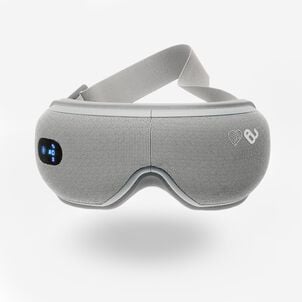



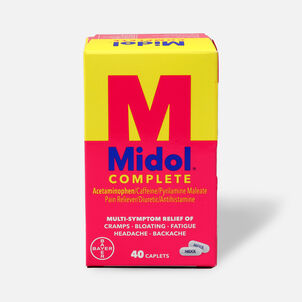



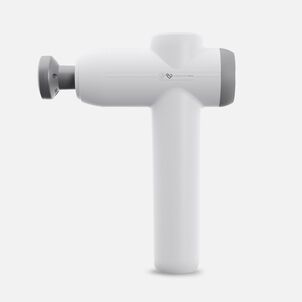
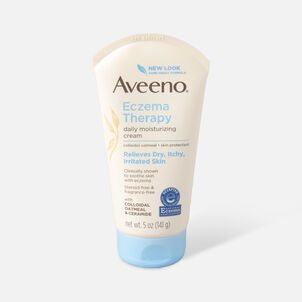
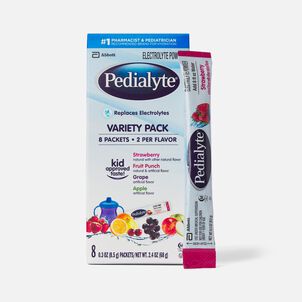

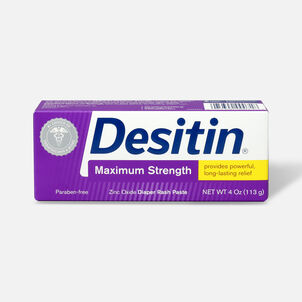

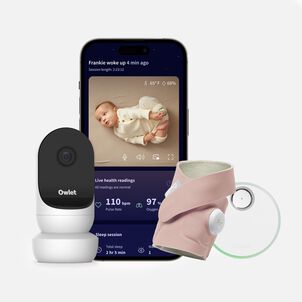
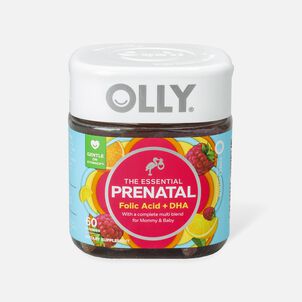
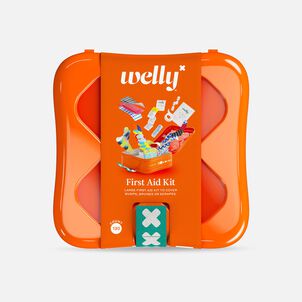
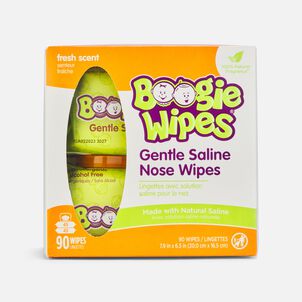
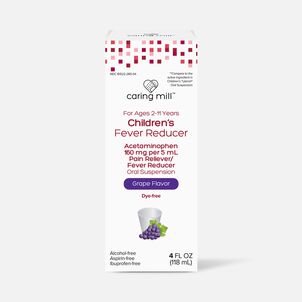
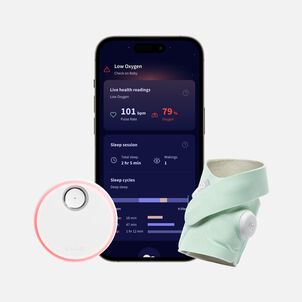

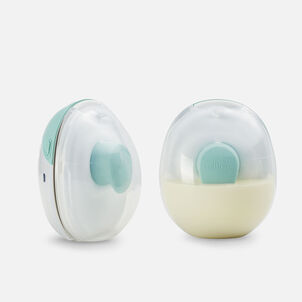
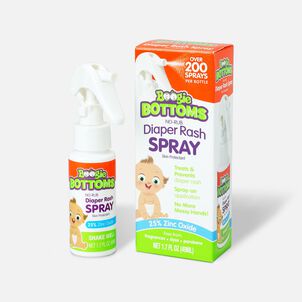
.png)

.jpg?sw=750)